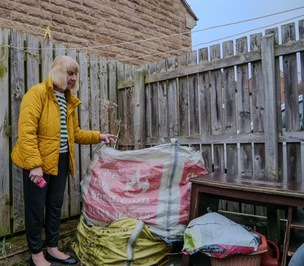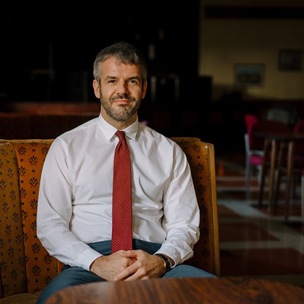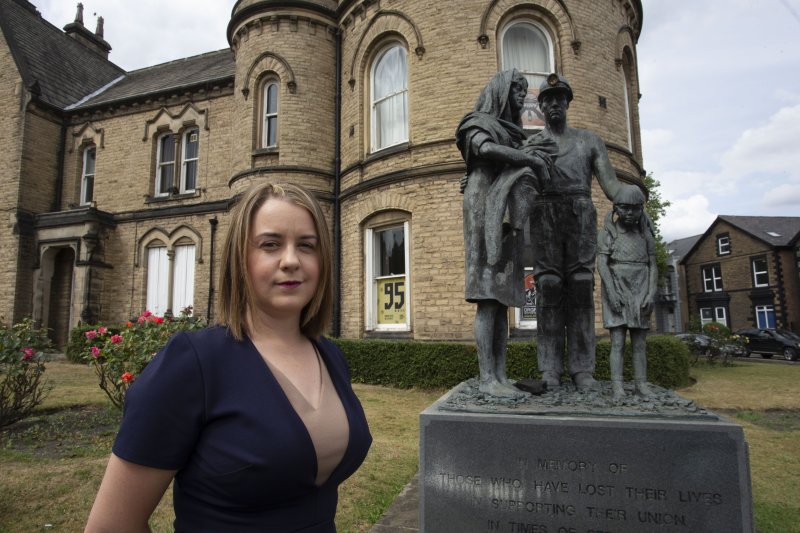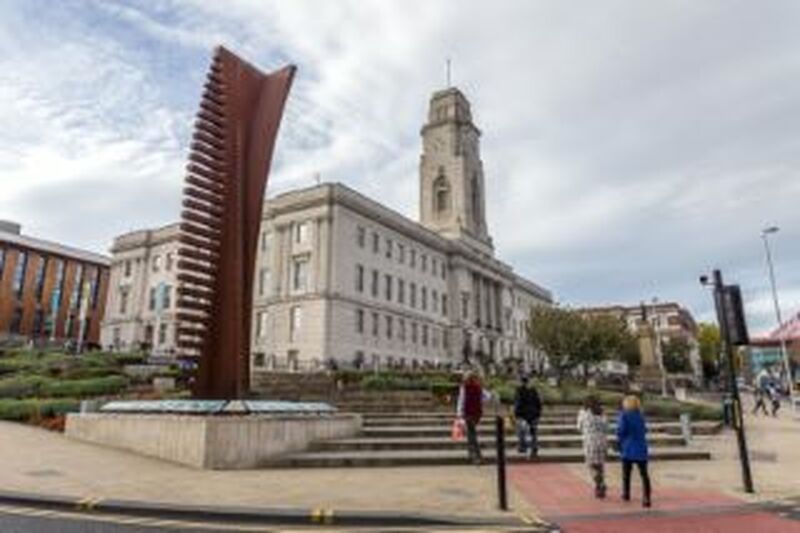BARNSLEY Council bosses are aiming to save £5.5m over the next five years by reviewing the authority’s assets which could see the sale of 20 per cent of its office buildings.
The report outlining the plans does not indicate which buildings will be disposed of, but it is envisaged the move will occur by March 2029.
Further savings will come from making buildings more energy efficient and increasing occupation in existing office buildings.
Currently, the council owns a portfolio of land and property worth £262m, however this costs £30m to run each year, with increases ‘likely’.
Coun Robert Franklin, cabinet spokesperson for regeneration and culture, said 1,640 of the council’s assets - such as reservoirs, roads and allotments - will not be sold off or included in the review.
He added: “Our goal is to ensure that our buildings and spaces are positive environments where people feel comfortable, welcome, and assured of a high-quality customer experience.
“Property assets are vital in supporting our ambitions and an effective management of these assets is crucial for delivering essential services to our residents and communities
“Assets categorised as ‘out of scope’ include reservoirs, easements, adopted highways and similar properties.
“These assets are not currently prioritised for review or disposal due to the minimal return on investment they offer.
“This category also includes small parcels of land, old allotment sites, and other unclassified properties.
“Our focus is on more significant assets where we can achieve savings over the next five years.
“We assure the public that all assets, including those ‘out of scope’, will undergo a thorough, evidence-based review to ensure efficiency and effectiveness in the use of public funds.
“Any potential sales or disposals will be managed transparently.”
Shock figures revealed in a cabinet report last month showed the extent austerity has had on the local authority’s budget, with a 21.2 per cent reduction in core spending power being recorded since 2010.
Reduced central government funding has been blamed, with finance bosses revealing each council directorate has been tasked with finding ten per cent savings amid warnings more multi-million pound shortfalls.
Council leader Sir Steve Houghton praised finance bosses for their diligence and said the local authority is ‘one step ahead’ in its planning.
“We have a balanced budget for 2024/25 and our financial position is well-managed, but things are difficult.
“We’ve had to make some tough decisions, but we can, for this year, keep delivering the services people need./
“We estimate that we’ll spend £35m more on day-to-day running costs next year.
“We predicted that this would be the case, and we’ve set aside some money to help pay for this extra pressure.
“While we received some additional government funding, it hasn’t made up for the huge cuts since 2010 and doesn’t cover the cost of the increased demand.
“Because of this, we’re delivering efficiency savings through a significant transformation programme, redesigning our services and processes and using technology to deliver better services.”



























